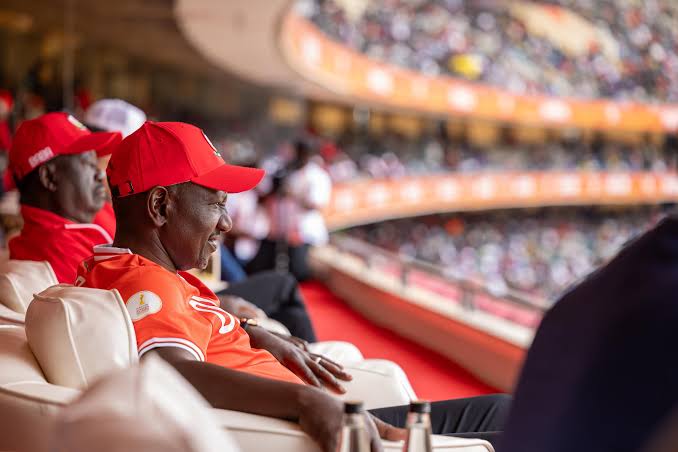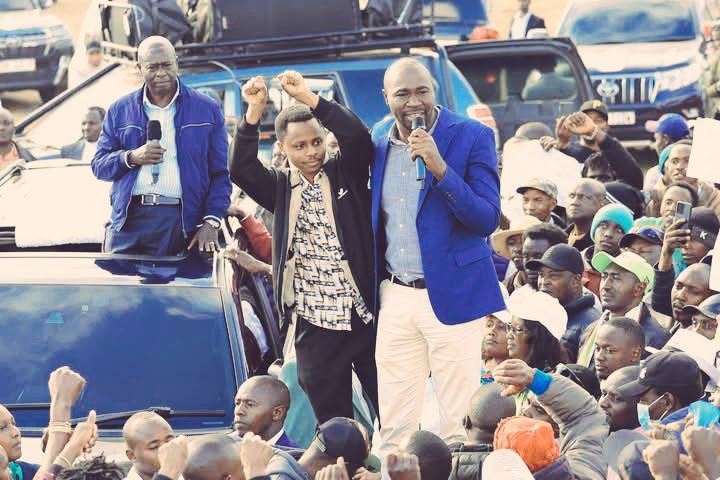As Kenya approaches the critical 2027 general elections, President William Ruto’s recalibrated political strategy is coming under intense scrutiny. Recent revelations and strategic signals suggest a multi-layered approach aiming to secure his re-election amidst a complicated socio-political landscape marked by youth unrest, declining approval ratings, and widening public resentment.
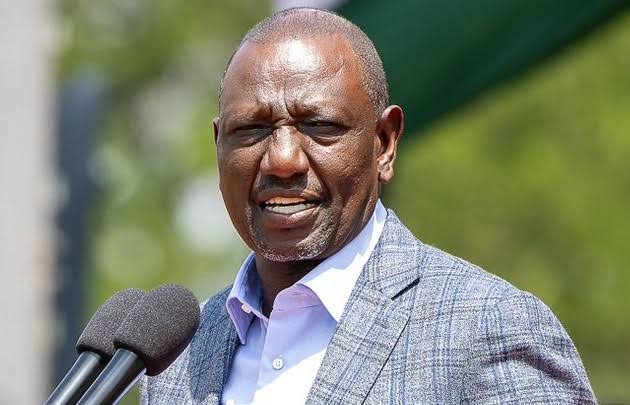
Understanding Ruto’s 2027 Re-election Strategy
The blueprint reportedly includes a series of psychological operations and tactical concessions designed to regain lost political ground. Key pillars of this campaign include a total reduction in taxes, raising wages for police and military personnel, compensating victims of protests, temporarily halting abductions, staging an orchestrated anti-corruption fight, and reforming university fee structures. These moves target diverse constituencies — from security forces and protest-affected families to disaffected youths burdened by economic hardships.
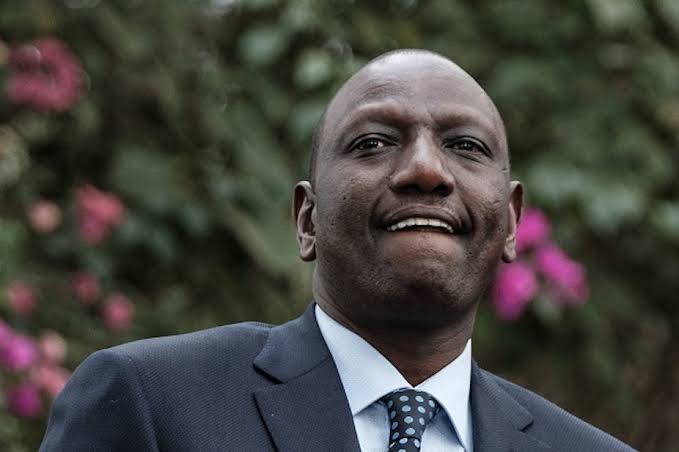
At the core of this strategy is Ruto’s alliance with former rival Raila Odinga, aimed at stabilizing political alliances and consolidating fragmented support bases. Simultaneously, grassroots empowerment programs under Prof. Kithure Kindiki’s stewardship are designed to create tangible economic benefits through infrastructure and job creation tailored to regions historically alienated from central government benefits.
This calculated combination of appeasement, co-optation, and information operations evokes parallels to the digitally-driven tactics popularized by Cambridge Analytica in Kenya’s 2017 elections, where micro-targeted narratives shaped voter perceptions. However, this time, Ruto faces a more politically aware and mobilized Gen Z demographic, whose protests in 2024 (#EndFinanceBill) exposed significant vulnerabilities in the government’s approach to youth economic concerns and governance.
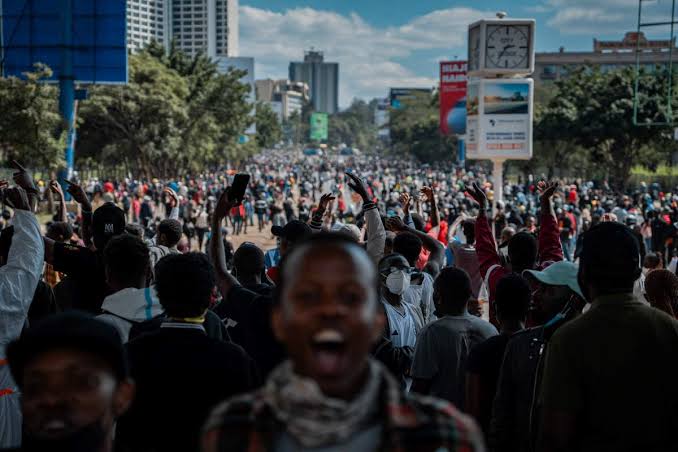
Counter-Strategies by Kenya’s Youth and Woke Citizens
The evolving political battlefield has seen the rise of “woke” citizens and Gen Z activists whose savvy use of social media platforms like X, TikTok, and WhatsApp spearhead real-time mobilization and policy critique. These groups are primed to counteract government narratives by translating complex policies into relatable language, debunking misinformation, and sustaining pressure through grassroots actions.
Key to their success is creating resilient networks that can withstand government co-optation attempts and repression. Legal aid frameworks, secure communication channels, and solidarity across ethnic and social lines strengthen their resolve against increasing police brutality and state surveillance efforts.
International human rights organizations and media outlets also play critical roles by amplifying concerns over ongoing abuses, adding pressure on the Kenyan government to adhere to democratic norms.
The Broader Socio-Political Context
Kenya’s political landscape remains deeply influenced by public frustration over persistent economic inequalities, tax burdens, and governance failures. These grievances feed into the broader narrative of disenfranchisement articulated by activist groups, including marginalized communities such as the LGBTQ+ population fighting for recognition and protection amidst conservative societal norms and political manipulation.
Moreover, the persistent challenge of misinformation continues to cloud public discourse, requiring ongoing investments in media literacy and credible independent journalism to safeguard democratic processes.
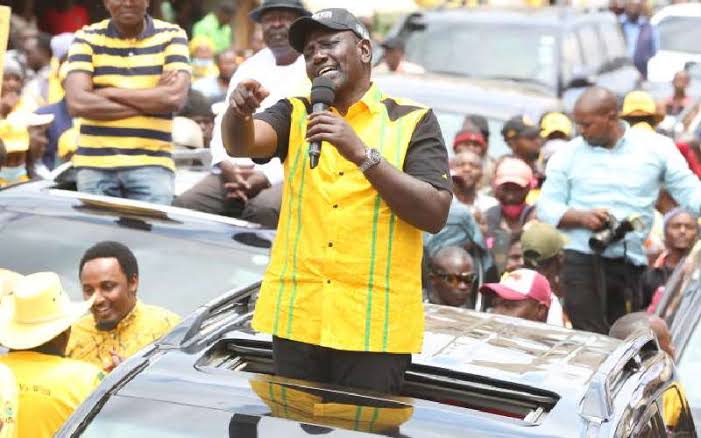
Charting the Path Forward for 2027
As Kenya hurtles toward its next electoral milestone, both President Ruto’s camp and opposition movements must navigate a complex matrix of expectations and realities. For Gen Z and woke citizens eager to influence the outcome, actionable steps include:
- Enhancing digital literacy and debunking propaganda with AI-driven fact-checking tools.
- Amplifying grassroots advocacy to hold local and national officials accountable.
- Building inclusive coalitions across Kenya’s diverse ethnic and social fabric.
- Engaging international election observers early to deter electoral malpractices.
- Establishing rapid legal and safety support systems for activists facing state harassment.
The stakes of 2027 extend beyond another electoral contest—they represent the future trajectory of Kenya’s democracy, youth empowerment, and social justice. The interplay of psychological operations by incumbents like Ruto and sustained civic resistance will determine whether Kenya moves toward inclusive governance or deeper political polarization.
-(3).jpg)
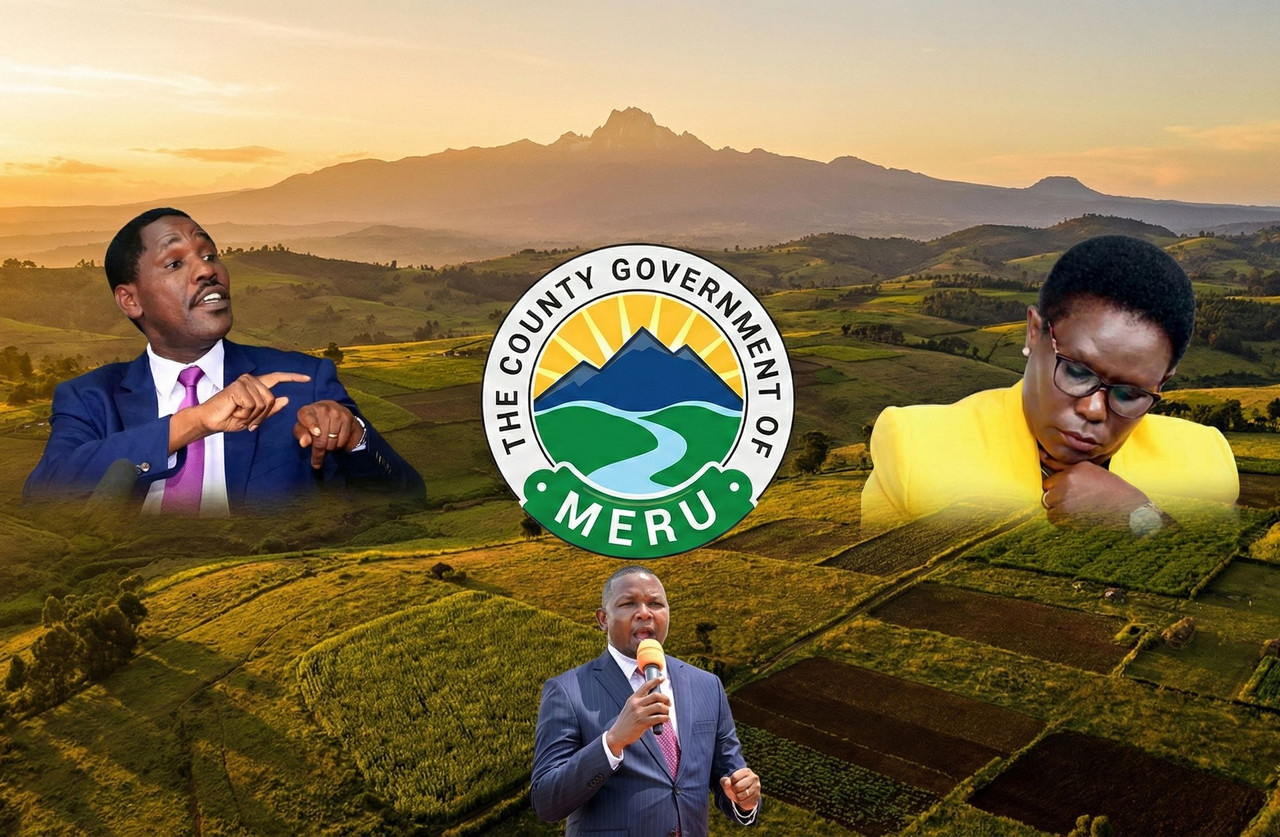
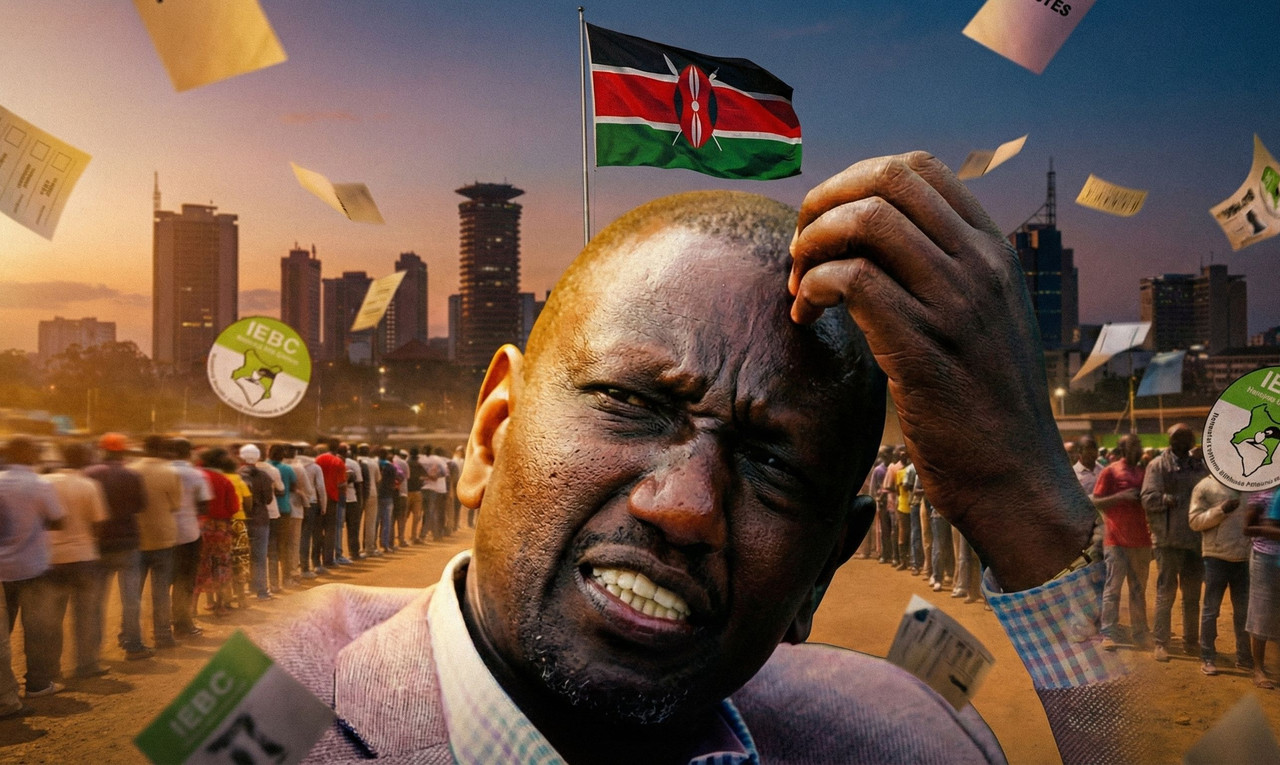
.jpg)
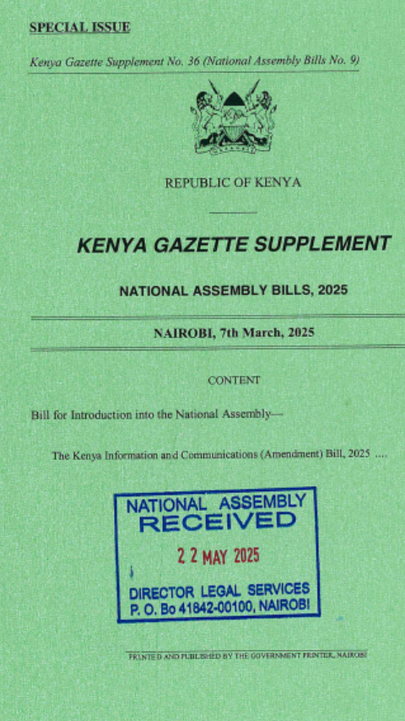
)

